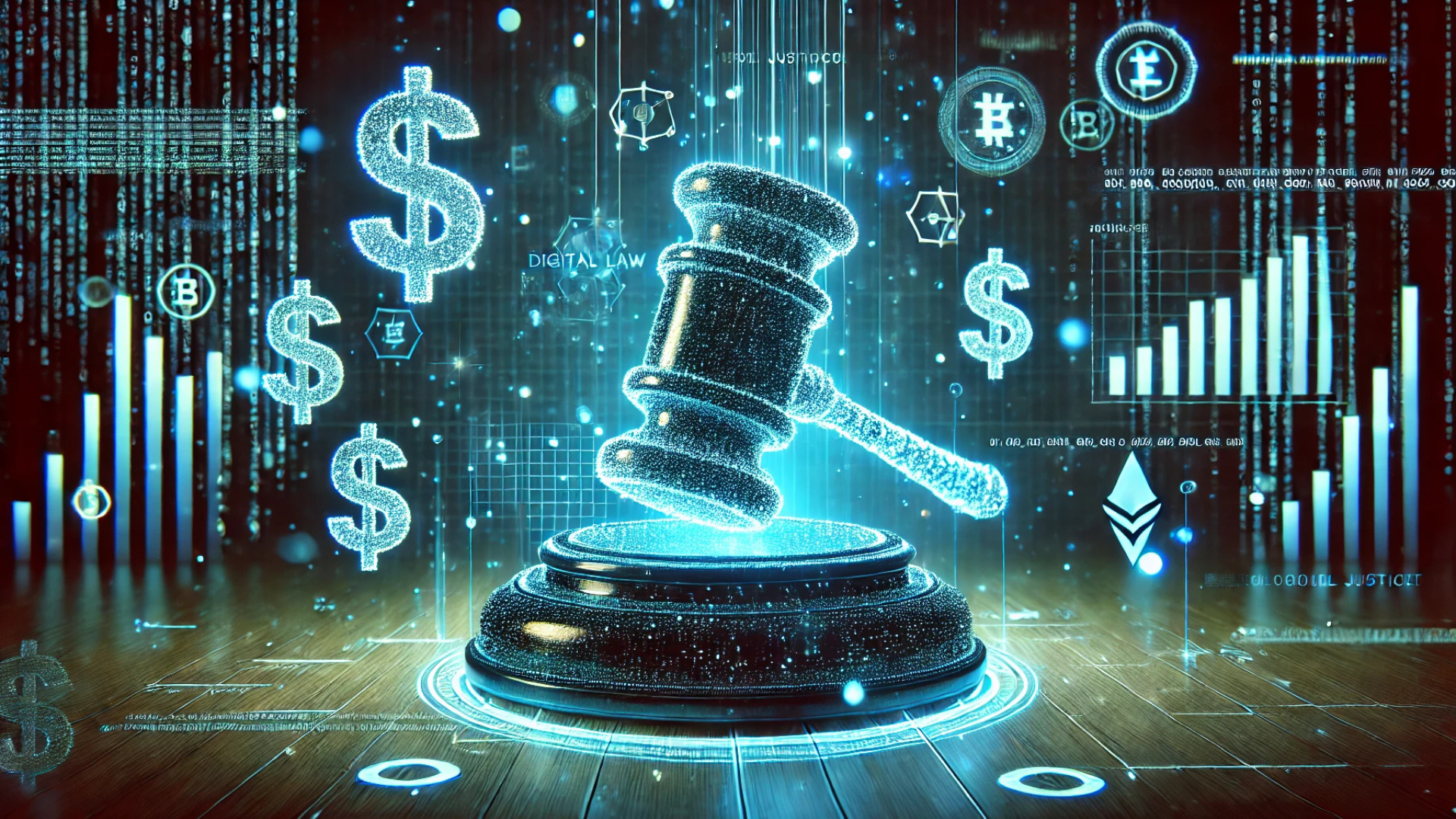
In a bold move to define its position in the evolving world of digital assets, the Michigan state legislature has introduced four new cryptocurrency-focused bills House Bills 4510, 4511, 4512, and 4513 covering a wide range of crypto-related topics from public pension investments to tax exemptions and Bitcoin mining partnerships.
HB 4510: Public Pension Crypto Investments
Sponsored by Representative Bill Schuette, House Bill 4510 proposes an amendment to Michigan’s Public Employee Retirement System Investment Act, enabling the state treasurer to invest pension funds in cryptocurrencies. However, eligibility is restricted to digital assets with a market capitalization of at least $250 billion averaged over the previous calendar year. Currently, only Bitcoin (BTC) and Ethereum (ETH) meet that threshold.
To ensure regulatory compliance, investments must be made through exchange-traded products (ETPs) issued by registered investment companies, providing a structured and secure gateway for pension fund exposure to crypto assets.
HB 4511: Protection for Digital Asset Holders and Opposition to CBDCs
Introduced by Representative Bryan Posthumus, House Bill 4511 aims to protect digital asset holders and block state-level support for a federal central bank digital currency (CBDC).
Key provisions include:
- Prohibiting Michigan and its subdivisions from banning digital asset ownership or imposing discriminatory taxes and licensing requirements.
- Barring state agencies from supporting any federal CBDC, including publishing promotional materials or official endorsements.
- Protecting participants in blockchain networks, such as validators, node operators, and stakers, from civil liability and regulatory overreach.
This bill establishes Michigan as a potential safe haven for crypto activity at a time when federal CBDC discussions remain divisive.
HB 4512: Bitcoin Mining from Abandoned Wells
In a creative approach to energy and infrastructure utilization, Representative Mike McFall and a bipartisan group have introduced House Bill 4512, establishing a Bitcoin mining partnership program that leverages abandoned oil and gas wells.
The proposed program:
- Grants temporary rights to participants to generate energy from abandoned wells for mining purposes.
- Makes participants responsible for plugging the wells, site restoration, and environmental safety.
- Requires detailed reporting, environmental compliance, and financial assurances.
- Initiates a competitive bidding process overseen by Michigan’s supervisor of wells.
This initiative combines environmental remediation with crypto innovation potentially turning ecological liabilities into economic opportunities.
HB 4513: Tax Exemption for Mining Income
Also led by Representative McFall, House Bill 4513 proposes an amendment to Michigan’s Income Tax Act to exempt income generated through the HB 4512 mining program from state income tax.
The bill clearly defines the scope of exempt income and provides tax clarity for individuals and corporations that engage in the state-sponsored mining initiative.
Broader Context: Strategic Crypto Reserve in Play
These latest bills build upon House Bill 4087, introduced in February 2025, which would authorize the state treasurer to allocate up to 10% of the general fund and Budget Stabilization Fund to cryptocurrency investments. Backed by Representatives Posthumus and Ron Robinson, HB 4087 reflects Michigan’s growing ambition to make digital assets a strategic component of its financial future.
Outlook: Michigan Emerges as a Pro-Crypto Legislative Leader
With this coordinated legislative push, Michigan is positioning itself as a national leader in crypto-forward policymaking. By fostering innovation in energy, protecting crypto rights, and opening state funds to digital asset exposure, lawmakers are signaling their belief that crypto will be central to future financial systems.
As these bills move through committee reviews and legislative debate, all eyes will be on Michigan as a bellwether for how U.S. states can integrate crypto responsibly and strategically.























































































































































































































































































































































































































































































































































































































































































































































































































































































































































































































































































































































